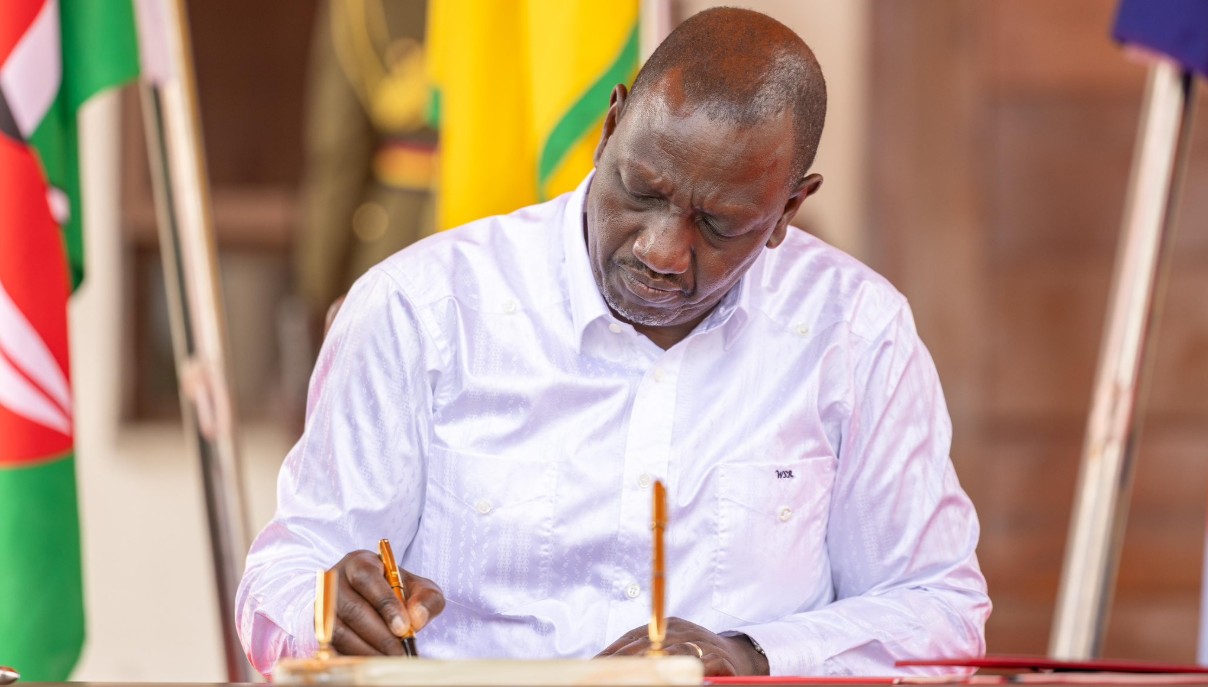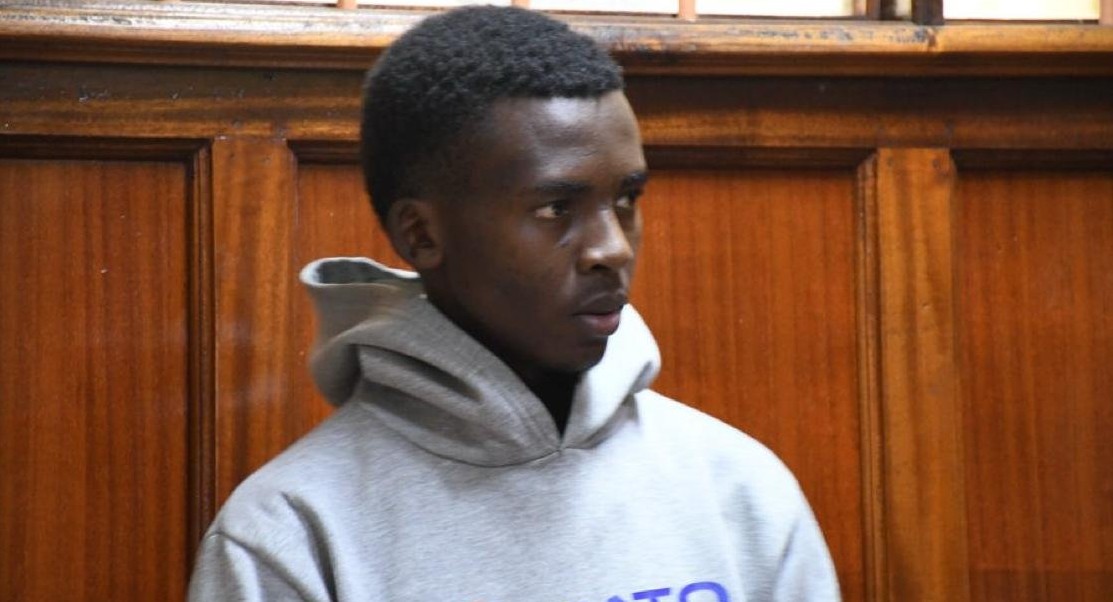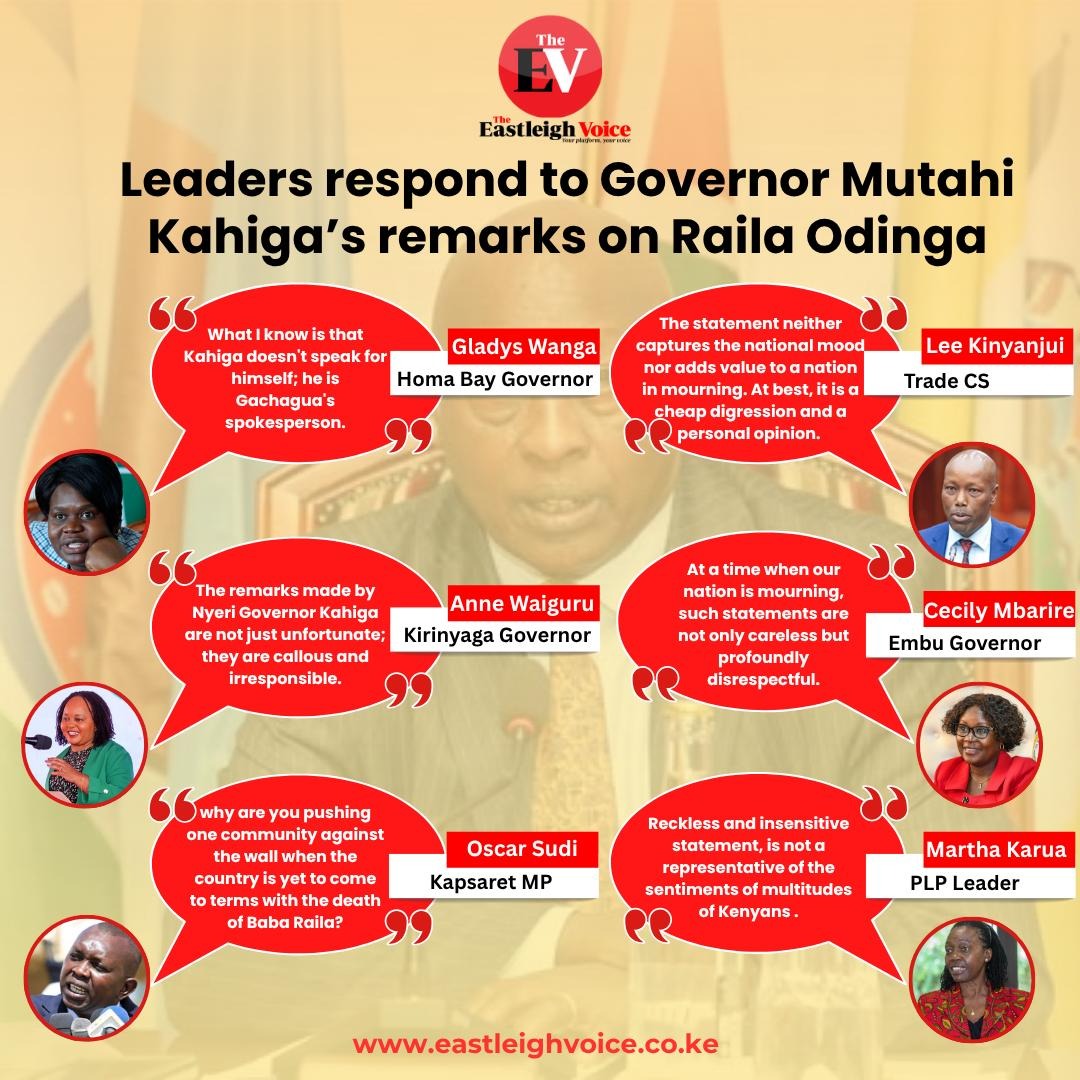Activist files petition challenging Cybercrimes Act 2024 over free speech fears

The two cases now place the contentious Cybercrimes Amendment Act under increasing judicial scrutiny, as the courts grapple with the growing tension between state regulation of cyberspace and constitutional rights to free speech and privacy.
A human rights activist has moved to court seeking to suspend the implementation of the Computer Misuse and Cybercrimes (Amendment) Act, 2024, marking the second petition filed against the controversial law in less than a week.
In the fresh suit, Francis Awino, a Nairobi-based activist, argues that Section 27 of the amended law gravely violates the Constitution by criminalising online speech and granting the National Computer and Cybercrimes Coordination Committee (NCCCC) sweeping powers to block websites and social media platforms without judicial oversight.
More To Read
- Kenya least vulnerable to fraud in East Africa but still among world’s riskiest - report
- Interpol operation against terror financing nabs 83, including two online recruiters in Kenya
- Legal storm brews over Kenya’s cyber law as petitioners cry foul on privacy and expression
- Maraga blasts Ruto for hurried signing ‘draconian’ laws on day of Raila’s death
- Activist petitions IEBC to prove security of election systems amid spyware, AI threats
- CBK launches new cybersecurity centre to combat rising financial sector threats
Through his lawyers, Awino filed a certificate of urgency asking the High Court to immediately suspend the implementation of the contested provision, warning that citizens risk arbitrary arrests and prosecution for expressing opinions online.
"The amended section unjustifiably limits freedom of expression and media freedom by criminalising online communication that allegedly causes emotional distress or mental harm without requiring proof of intent," Awino states in his supporting affidavit.
He adds that the law's vague and broad language grants law enforcement agencies unchecked powers that could be used to silence journalists, bloggers, and critics of government policies.
The petition lists the Attorney General, the National Computer and Cybercrimes Coordination Committee (NCCCC), the Inspector-General of Police, and the Parliament of Kenya as respondents.
Awino is also seeking conservatory orders restraining the state and its agencies from enforcing or implementing the impugned section until the case is heard and determined.
He further claims that the amendment offends the principles of legality and due process under Article 50(2)(n) of the Constitution, as it allows punishment for vaguely defined offences such as "false" or "offensive" communication.
Awino says the legislative process was marred by procedural irregularities and inadequate public participation.
This case follows an earlier petition filed by Reuben Kigame and the Kenya Human Rights Commission (KHRC), who also challenged the same amendment on grounds that it threatens privacy and digital freedoms.
The two cases now place the contentious Cybercrimes Amendment Act under increasing judicial scrutiny, as the courts grapple with the growing tension between state regulation of cyberspace and constitutional rights to free speech and privacy.
Top Stories Today











































